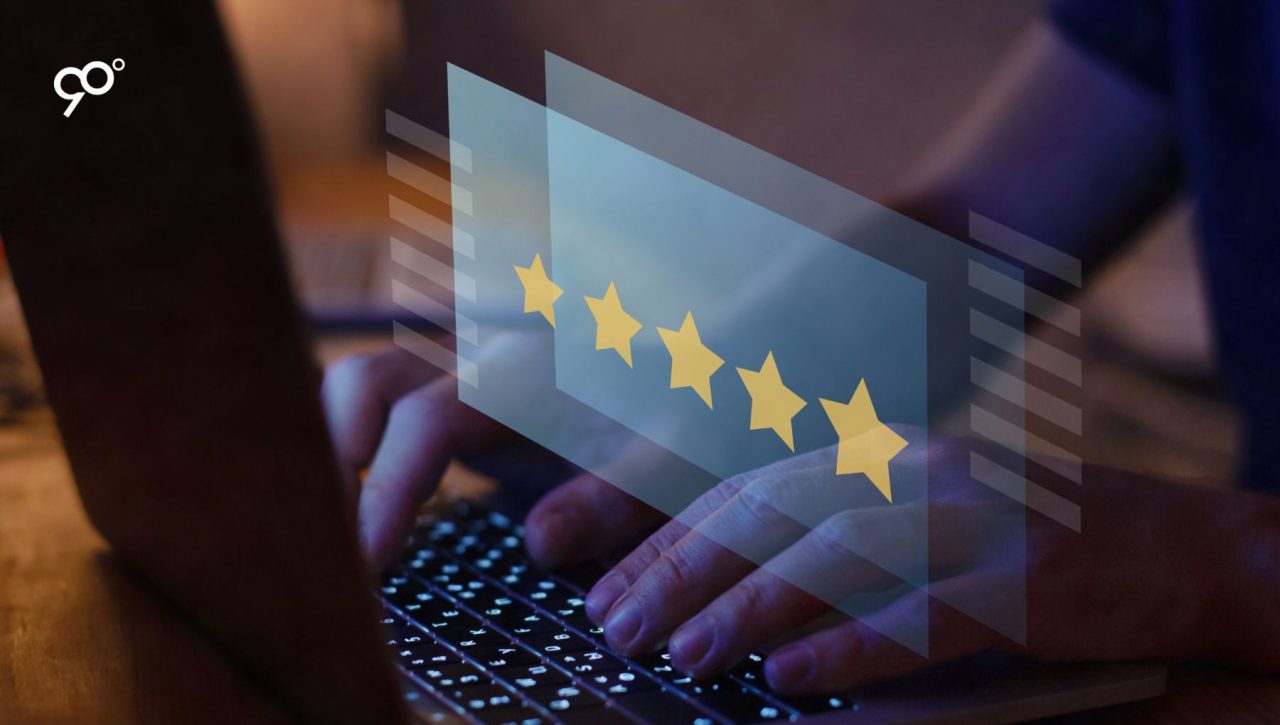
In today’s hyper-connected world, brand reputation is more fragile — and more valuable — than ever. Negative feedback, social media backlash, or missteps can spread rapidly, threatening customer trust and business success. Yet, with the right approach, even backlash can become an opportunity for breakthrough growth and renewed credibility. As we move through 2025, managing brand reputation demands a proactive, transparent, and agile strategy.
The Landscape of Brand Reputation in 2025
The digital age empowers consumers to voice opinions instantly and publicly. This means brands are constantly under scrutiny from diverse audiences across multiple platforms. Rising consumer expectations for authenticity, social responsibility, and responsiveness have raised the stakes. Brands can no longer rely solely on traditional marketing or PR; reputation management now requires real-time listening, swift responses, and ongoing engagement.
Embracing Backlash as a Learning Opportunity
Backlash, while challenging, offers valuable insights into customer sentiment and societal expectations. Successful brands view negative reactions not just as crises but as feedback loops highlighting areas needing attention. By addressing concerns openly and honestly, companies can rebuild trust and even strengthen relationships. This involves acknowledging mistakes, demonstrating accountability, and outlining concrete steps toward resolution.
Key Strategies for Reputation Management
Effective reputation management in 2025 revolves around monitoring brand sentiment closely using AI and analytics, enabling early detection of issues. Transparent communication is essential — being open about challenges and solutions fosters authenticity and trust, especially when messaging is relatable and human-centered. Engaging stakeholders through ongoing dialogue builds loyalty, while having flexible crisis response plans ensures timely and appropriate action.
Turning Breakdowns into Breakthroughs
The brands that succeed are those that transform backlash into opportunities for innovation and growth. This could involve launching initiatives to address highlighted concerns, improving products or services based on feedback, or taking meaningful stands on social and environmental issues. Such breakthroughs not only repair reputations but also help brands stand out in competitive markets.
Leadership and Culture
Reputation management starts at the top. Leaders who prioritize transparency, ethical behavior, and responsiveness shape an organizational culture ready to meet challenges head-on. Empowering teams with tools and authority to act swiftly enhances resilience and builds trust.
Managing brand reputation in 2025 is a dynamic, ongoing process that requires vigilance, empathy, and adaptability. By embracing backlash as a catalyst for positive change, brands can navigate challenges with confidence and emerge stronger, turning potential crises into lasting breakthroughs.
Follow Ninety Degrees PR Solutions on LinkedIn for more public relations and communication related articles.







